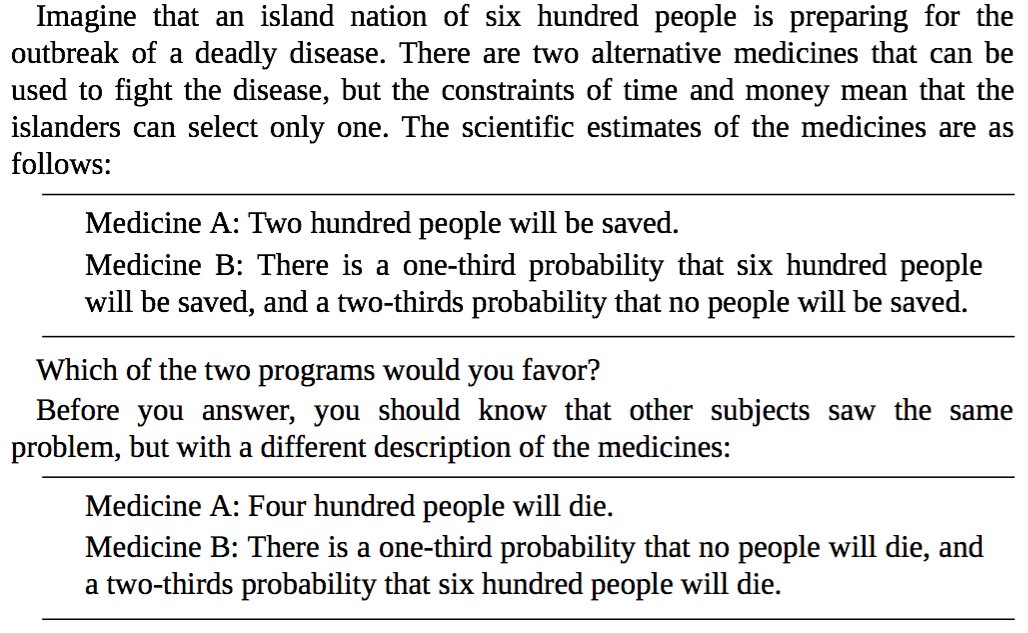I spent quite a bit of time digesting and pondering over T1 this week. Was one of my favourite Mr Barton Maths podcast episodes, and this time in video form too! It was wonderful to see Bernie Westacott demonstrate how he teaches everything from number sense to, positive and negative numbers, to simultaneous equations to young children through the use of manipulatives. Fantastic videos! There's also some compelling visuals produced by @BerkelyEverett that dovetail well.
Harry Fletcher-Wood produces again for T2 with a great piece on considering timing within schools.
I found it helpful to hear about Wait time 1 and Wait time 2 via T3. Feeling going about the former, need to work more on the latter!
T4 is a section of Dan Willingham's ‘When Can You Trust the Experts' that could be used as a great classroom activity.
T5 is a great podcast.
T6 is a website I've been meaning to check out for ages, turns out Mr Barton's ‘Variation Theory' is a very handy resource.
T7 and T8 you can check out at your leisure.
No thought shrapnel this week as I started writing some, but then it got big enough to be turned into a full blog post! The post is on my attempts at trying to increase the homework completion rate amongst my students through the use of ‘implementation intentions' and ‘action triggers'. You can read it here.
Enjoy : )
(all past TOTs here), sign up to get these articles emailed to you each week here.
Visual representations of mathematics with @berniewestacott, @BerkelyEverett, and @mrbartonmaths
OK, ok, ok. So I couldn't be more happy that I had to spend 2 hours on a train today, because it included the best 30 minutes of maths teaching instruction I've ever watched. Negative numbers with @berniewestacott & @mrbartonmaths. Maths teachers, watch!!! https://t.co/EZzTfn368e
— Oliver Lovell (@ollie_lovell) November 9, 2018
I'll be teaching simultaneous equations later on in the year. Will definitely be starting with the ‘where's the difference come from?' approach shared by @berniewestacott and @mrbartonmaths. Bring on the sequel and ratios in 10 minutes! (then calculus!) https://t.co/yDs9WzL5BQ
— Oliver Lovell (@ollie_lovell) November 10, 2018
Just came across the fantastic website by @BerkeleyEverett. Offers rich visual representations of various mathematics concepts. This page is all about place value. Please check it out, for the sake of your kids! https://t.co/A8v56lKpAX ht @berniewestacott, @mrbartonmaths
— Oliver Lovell (@ollie_lovell) November 10, 2018
The psychology of when: Secrets of timing in schools, via @HFletcherWood
“The psychology of when: secrets of timing in schools” very good post by @HFletcherWood. Looking forward to the next post on implementation intentions too! https://t.co/epMIlxDBoW what's the best time to release a new blog post Harry??? pic.twitter.com/2U3CwTlpBr
— Oliver Lovell (@ollie_lovell) November 14, 2018
Wait time 1, vs, wait time 2. What's the difference? Via @RonRitchhart
Some seminal research on wait time. Introduces wait time 1, and wait time 2. Very helpful concept! This snippet from @RonRitchhart‘s ‘Creating Cultures of Thinking' #ccotonline (snippet taken from my anki). I find this distinction between two wait times helpful. pic.twitter.com/06rPJIvfiP
— Oliver Lovell (@ollie_lovell) November 8, 2018
An activity to promote discussion about statistics and biases, via @DTWillingham

Podcast: Mobile Devices in Schools, via @TERPodcast
This @TERPodcast is a good exploration of phones in schools. Well worth a listen. https://t.co/nSQvAAbnkA
— Oliver Lovell (@ollie_lovell) November 14, 2018
For Maths Teachers: Variation Theory, excellent website for review Qs, via @mrbartonmaths
Loving @mrbartonmaths‘ https://t.co/VV9rTBXl1u. Turns out these Qs make fantastic @Anki cards for whole class retrieval practice. No. of qs is ideal, & the subtle changes make students pay attention to the important elements. Any planned for transformations of functions Craig? pic.twitter.com/A6n5Qa7XHT
— Oliver Lovell (@ollie_lovell) November 12, 2018
FAST: Families and Schools Together, a program, via @EducEndowFoundn
Interesting UK program to increase parental involvement in schools. No impact on student achievement, and impact on socio emotional outcomes had faded after two years, but could be a good first step into changing the culture of a school and community. https://t.co/nBSiQDmzv5
— Oliver Lovell (@ollie_lovell) November 10, 2018
Just for fun: Two Eritrean children enjoying their first ever snowfall in Canada, via @RebsD
A first snowfall for Eritrean children new to Canada. #NewcomersWelcome #WelcomeToCanada #RefugeesWelcome #privatesponsorship #BVOR pic.twitter.com/XaWTDGAxfg
— Rebecca Davies (@RebsD) November 10, 2018

